Who Gets a POV In Your Story? It's a Political Decision.
Before we get into it, a few quick plugs!
This Saturday at 7 PM I’m hosting a special Writers With Drinks featuring M.M. Olivas, Natasha Muse, June Martin, Alex Hanna and Lio Min. It’s at Strut, 470 Castro St. SF, and it’s free (but donations strongly encouraged).
My upcoming novel Lessons in Magic and Disaster got praised by Gary K. Wolfe at Locus as my “most personal and mature novel to date,” and also as my finest.
Barnes & Noble is offering a 25 percent discount on pre-orders for Lessons through July 11, through their website. Also, if you pre-order via Green Apple in San Francisco, you can get a signed/personalized/doodled copy — please please please specify in the “comments” field how you’d like it personalized, so I’m not sitting there trying to guess! Canadians, time is running out to pre-order via Cross & Crows in Vancouver and get a signed bookplate — please order by July 20!
Who gets to have a point of view in your story?
POV is one of those writing issues that get a little bit thorny — because there are people out there who will tell you there are Strict Rules about how many POVs you can have, and how much you can shift between them, and so on.
A lot of people seem to hate omniscient narrators — despite the fact that many of the world’s most beloved books are written in omniscient third person. But also, some very influential writers advocate a strict economy of viewpoints, in which a book must establish its POV characters early on and not introduce any more POVs later on, no matter how convenient it might be to see events from a particular character’s perspective.
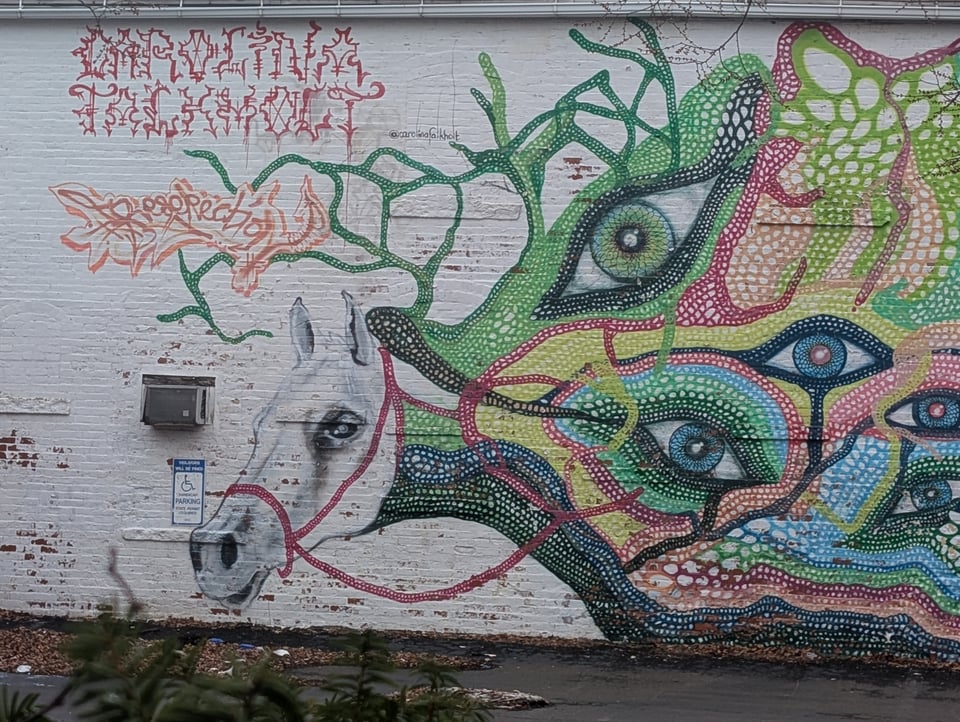
Because I don’t believe in rules — literally, there are no rules when it comes to writing — I feel like you should use as many POVs as you want to, as long as they’re helping you tell the story in the most entertaining, immersive way possible. Have a single first-person narrator, or a few. Have a single third-person POV, or a ton. Go omniscient, whatever. Go nuts.
The question of who gets to have a POV in a story is artistic — but also kind of political, because it goes to the heart of whose perspective counts.
When I started out writing fiction as a career, I mostly wrote in the first person, because I love a mouthy, obnoxious first person narrator. But I kind of hit a wall, and I read some writing advice that said it was easier to sell short stories written in the third person. Plus writing in the third person felt like a fun challenge, so I switched. And sure enough, I found that writing in third person forced me to describe things differently, and to think about the position of the narrator in relation to the events in a way that I hadn't with first person. (The first draft of Lessons in Magic and Disaster was written in first person, but I changed it to third person in revision for a similar reason.)
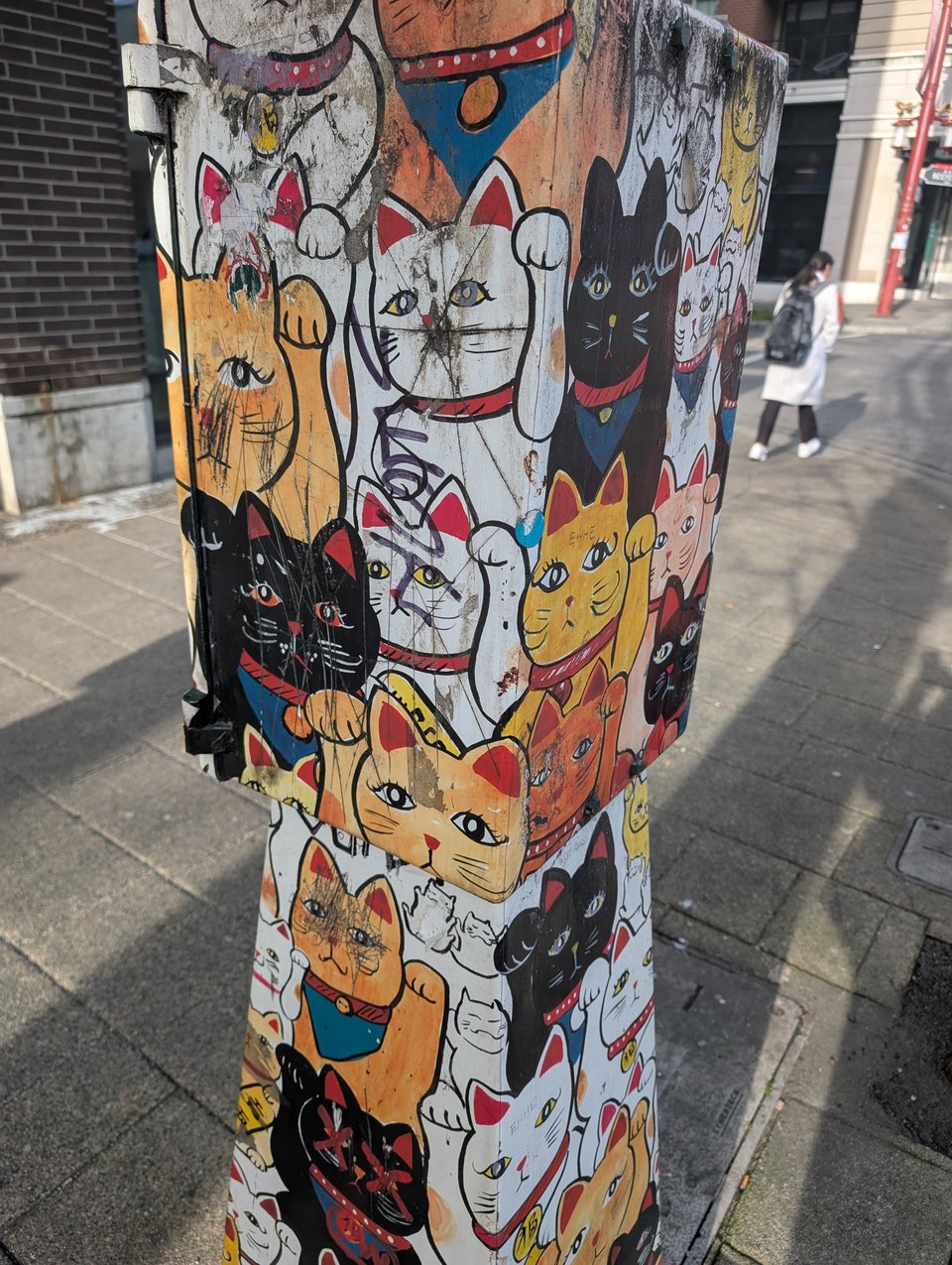
My first novel, Choir Boy, has a single third person POV, that of the main character, Berry. But the narrator is free to make all sorts of silly observations about the town where Berry lives — like, I think there’s a long elegiac section about the slow decline of the noodle-stretching factory across the street from Berry’s apartment at one point. Still, I kept my narrator from going too omniscient, because I’d internalized a strong prohibition (especially in science-fiction circles) on “head-hopping,” or allowing the reader to glimpse more than one character’s thoughts at any given moment. I had learned to think of an omniscient narrator as the third rail of fiction: touch it at your peril.
Imagine my surprise when the biggest successes of my career came from a novelette called "Six Months, Three Days" and my novel All the Birds in the Sky, both of which feature gently omniscient narration. There's one moment in All the Birds in the Sky that I was convinced would make people rage-quit the book. It's the bit where Laurence and Patricia are sitting under the escalator speculating about people based on their shoes — and then the narrator reveals that they’ve guessed correctly about the last guy who went past, who is indeed an assassin named Theodolphus Rose. I almost cut this bit several times, convinced people would tell me it was the reason they abandoned the book. Instead, people kept telling me it was their favorite moment in the entire book.
Lately, I’ve read more and more books that casually throw in extra POVs here and there — some side character who’s only stood in the background of scenes will suddenly have a POV chapter in the final stretch of the book. I feel like young-adult fiction started playing fast and loose with POV in the 2010s, and this has now seeped into adult fiction. I’ve also seen more ambitious experiments, like Ten Percent Thief by Lavanya Lakshminarayan, where each chapter is told from a brand new POV.
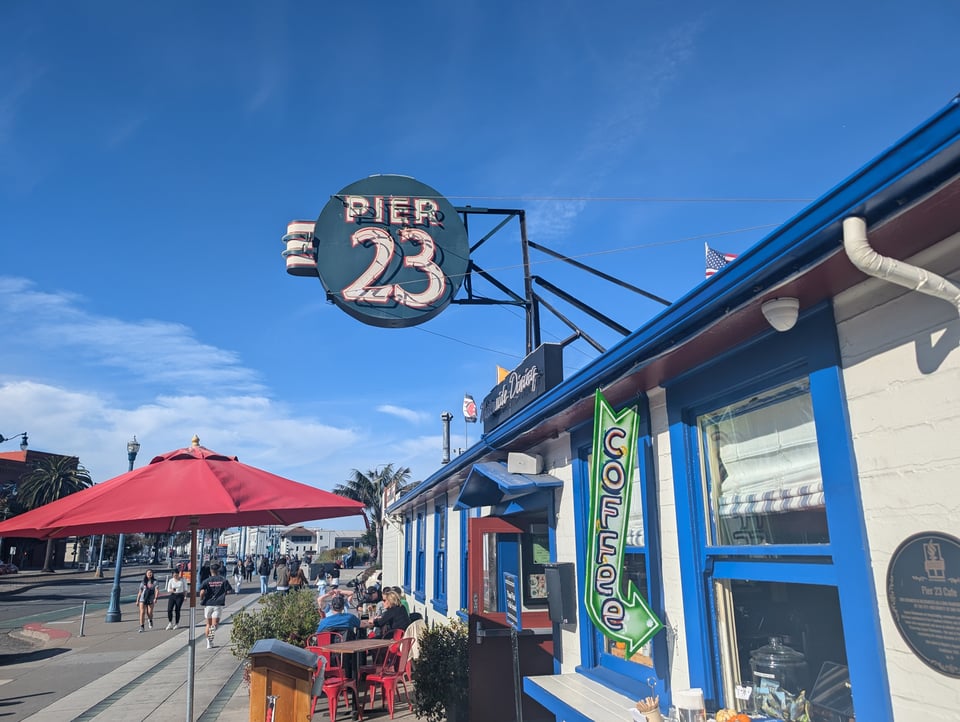
Some of my favorite memories of reading involve surprising POV shifts — like, I remember being a kid and reading Terrance Dicks’s surprisingly good novelization, Doctor Who and the Auton Invasion. Dicks would dip into the head of a random side character for a few paragraphs, someone who might not have even gotten any dialogue on screen, and it was dazzling. Everyone has their own opinion, even the guy standing in the corner while the Doctor grandstands!
There’s something kind of magical about realizing that everyone in a story is a person, and nobody is an NPC.
Still, I have often found myself feeling cautious about adding more POVs to a story — because I do have the sense that a POV should be immersive. In other words, you should fully inhabit the mind of a character if you’re going to see through their eyes. It’s a bit of an imaginative lift each time, which requires you to think about who this person is, where they come from, how much information they have and what’s going on. I do think that even if a POV only appears a couple of times in a long book, you need to make sure there is a unique attitude and set of concerns animating this person, so it stands out from the other povs at least somewhat.
I get more annoyed when a book has multiple first-person narrators whose voices are too identical — but even with third person POVs, ideally you want them to be thinking differently. It’s sort of the same problem as when all your characters talk the exact same way.
I've been thinking a lot lately about POVs, because I’ve found out the hard way that it’s super challenging to make readers fully identify with someone whose thoughts we never experience. I'm not saying it's not doable, it's just tough — especially with characters who make unsympathetic choices or behave even a little selfishly.
When I wrote The City in the Middle of the Night, I decided that only Sophie and Mouth would have POVs in the book. (In fact, originally it was going to be just Sophie, and after I had written a couple of drafts I realized the book needed more of an edge, so I promoted a random smuggler to a second POV.) At the time, making Sophie first person present tense and Mouth third person past tense felt a bit daring, even though young adult fiction had been doing this sort of thing a lot.
Anyway, at a certain point I ran into a question: should I give Bianca some POV chapters as well? For those who haven't read the book, Bianca is someone who starts off idealistic and radical (but unaware of her own privilege in various ways), and she ends up becoming a bit of a monster. I have a certain amount of sympathy for Bianca, even though her actions are unforgivable. (I also have a sneaking suspicion that if Bianca were a man, she would have had a lot of people defending her and demanding a redemption arc.) In any case, I toyed with giving her a POV, to make her actions more legible to the reader. But I didn't want to give her equal space to Sophie and Mouth, and I wasn’t sure if it would work to just dip into her POV a couple of times. More importantly, I wanted to preserve the surprise of Bianca's heel turn, and I didn't think I could do that while letting people in on her thought process.
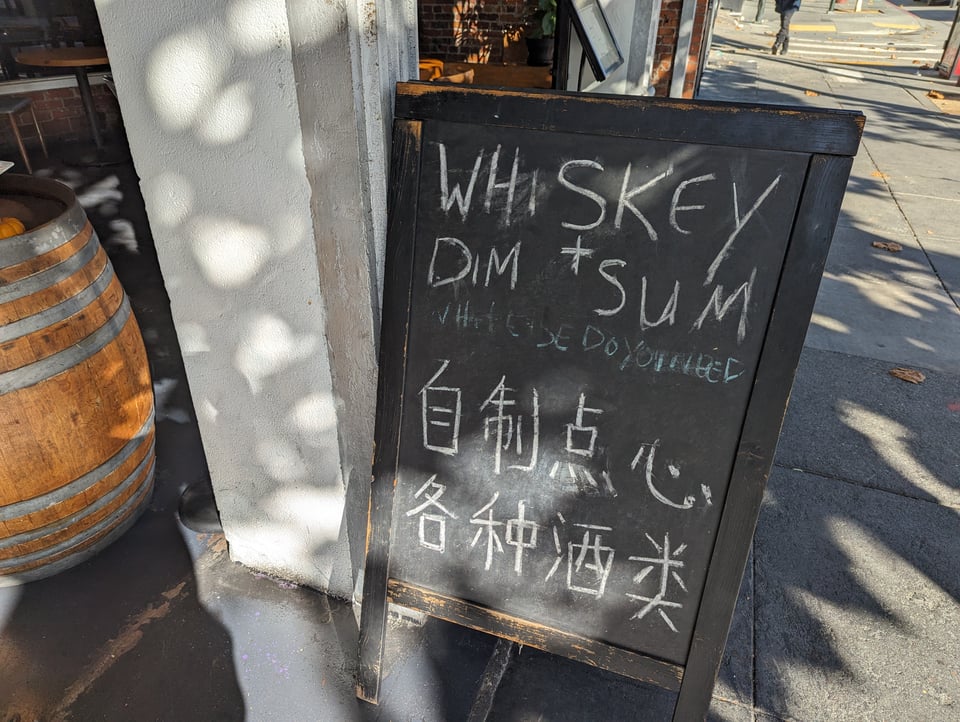
I'll never know how things the book would have turned out if I’d given Bianca some POV chapters, but on balance I'm glad I didn't. It kept the focus on what I wanted the book to be about: Sophie and Mouth both bought into other people's ideals of justice and community, and they both learn the hard way that they need to make their own.
But more recently, I have been finding that when in doubt, it's usually a good idea to give someone a POV. In my upcoming novel Lessons in Magic and Disaster, I originally included only a couple of brief sections from the POV of Jamie's mother Serena. And I found some of my beta readers had a hard time feeling invested in Serena or understanding why she does the things she does in the story. The book fails miserably unless you care what's happens to Jamie's mom. And I have so much love and empathy for Serena, someone who consistently tries to do the right thing and struggles to shoulder the weight of grief and trauma.
So I gave Serena way more space in the book, including a huge chunk of flashbacks to her early years as an activist and her marriage to Jamie's other mother, Mae. As soon as I did this, it was obviously the right choice: it deepened all of the other themes and relationships in the book to have this level of understanding of Serena's joys and struggles.
So lately, I've been thinking about the politics of POV.
The issue of whose perspective is included in a story feels inherently political. A character who’s only seen from the outside inherently becomes a bit of a cipher — or an NPC, as I said above. I wrote before about the idea that we should stop talking about characters having agency in a story and instead talk about whether a character gets to be an authority on their own life. The characters who matter in a story tend to be the ones whose opinions shape how we feel about the overall events.
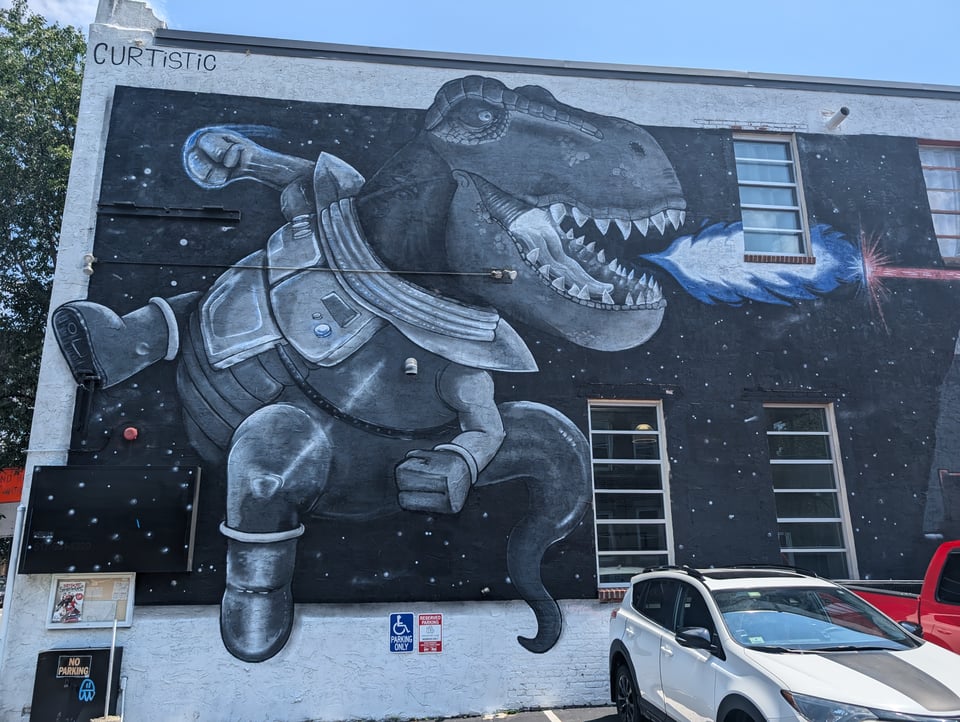
So as I start crafting my next couple of novels, I'm increasingly thinking about how to be a bigger POV slut — because I think it's a matter of simple fairness to allow as many voices as possible to exist within the story.
I do think a POV character needs to pull their own weight narratively — not just in terms of witnessing events that nobody else in the story could have witnessed, but also by adding a different sensibility. Or set of concerns. Or something that might change how we think about the story a bit.
Especially when someone is a character that people readers everyone might be predisposed to judge harshly because of internalized prejudices, I think it's important to try to represent that person's viewpoint in the story. But also, people whose actions shape the narrative, in ways that feel startling or confusing, can really benefit from getting to tell their side of the story. Lately I'm noodling on the idea that it's not so much a question of "How can I structure the story in such a way as to keep the narrative moving" as "Who is being silenced in this story, and do they deserve a voice?"
I guess I'm craving more anarchy in my stories, because I have read some stories lately that were gloriously promiscuous in their use of viewpoints, and I was surprised by how much it enhanced the experience. And because I feel like the dominant experience of 2025 is being trapped in her own perceptions of reality, with less and less ability too know how other people are thinking and feeling about the same events. One of the great joys of fiction is that it lets you understand that any one event can be understood from many different angles. (See: Rashomon.)

A few caveats apply: I still love an omniscient narrator and I'm probably going to try to keep making that happen. Also, here's where I admit that my next novel, the one that I'm hoping comes out in 2026, has only one POV for reasons that I hope will become clear. Finally, I do think that if a POV fails to stand out or feel unique, it can be worse than not going into that person’s mind at all.
All in all though, I have been getting the feeling lately that the era of POV puritanism — the idea that you gotta pick a small number of major POVs and stick to them — is over, and the era of “anything goes” has begun. And I couldn't be happier, not just from a writing standpoint but also from a standpoint of wanting to experience as many ways as possible of looking at a story within that story.
Music I Love Right Now
I had never quite gotten into Sylvester before, despite this disco diva being a San Francisco musical icon and a superstar of gender-nonconformity. I had only heard a couple of his songs, honestly. The good news? This is the best time ever to get into Sylvester’s music, because a couple of recent releases really showcase how versatile and soulful he was. I think I already recommended Disco Heat: The Fantasy Years 1977-1981, a fantastic 2-CD compilation that came out earlier this year. And more recently, they put out a massively expanded edition of his live album, Live at the Opera House, containing a ton of previously unreleased material. Listening to both of these releases, you get a way better sense of how much Sylvester’s music was infused with gospel vibes as well as torch songs, blues, and old-school R&B. His interactions with his backup singers, then known as Two Tons o’ Fun (and later known as the Weather Girls), are utterly captivating and beautiful. And in their proper context, songs like “You Make Me Feel (Mighty Real)” seem way more joyous to me, like proper anthems, rather than the disposable dance-pop I once thought they were. Sylvester was a rare talent, and there’s never been a better time to encounter the full depth and breadth of his music.